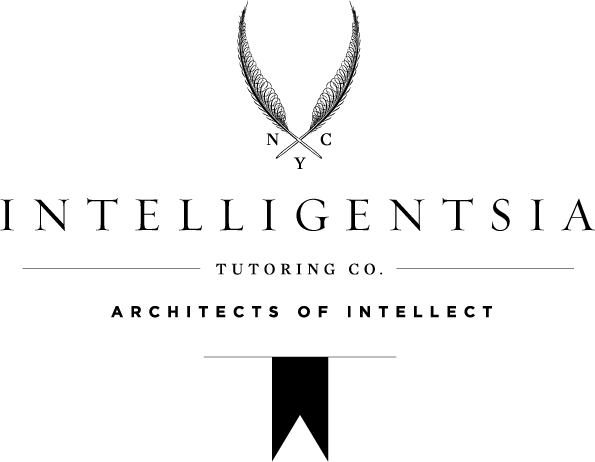Reading comprehension sections can be found on virtually all standardized tests. What I am about to share may appear to be simple, but it is critical for reading comprehension success on standardized tests.
Many students replicate the working-from-memory model on reading comprehension sections of standardized tests. Where is this model learned, and what does this model look like? School teachers assign a chapter or two from a novel or textbook, students read the material at home, and the following day students are quizzed on the material and are expected to reproduce answers from memory. School readings and subsequent examinations (mostly) require students to rely on their memories.
Why is relying on memory a poor strategy for reading comprehension sections on standardized tests? One, standardized test makers exploit students who use this working-from-memory model. They try to present answer choices that would seem familiar to students to deliberately trip them up. Two, working from memory isn’t necessarily the best strategy when the passage can be accessed with the flip of a page. In school, students are prohibited from accessing a novel or textbook during exams. On standardized tests, the passage they are being tested on is right in front of them.
Successful students, by and large, continually and strategically refer back to the passage. Less successful students, however, may be habituated (by school) to use the working-from-memory model on standardized tests to their detriment. What’s a better model? Treat reading comprehension sections on standardized tests as if they are reference passages, that is, passages that are to be continually consulted for specific details and information, like one would do with a manual or user guide. Manuals and user guides are not memorized; they are referred back to quickly, carefully, and systematically. Reading comprehension passages should be treated similarly. With training, there are ways of learning how to strategically locate the appropriate details on standardized test passages.
There is a whole repertoire of skills that tutors will teach their students on standardized tests. But here is a fundamental procedure students need to learn that can have a profound effect on scores: Rely less on memory and rely more on actively consulting the passage for important details required for answering questions.
— Eugene Netupsky
Eugene Netupsky is Intelligentsia’s CEO and a test prep expert. Contact him at insight [at] intelligentsianyc [dot] com.


